Methamphetamines: Understanding the Impact, Addiction, and Recovery
Welcome to Mountain’s Edge Recovery, a trusted resource for individuals and families seeking information and support for substance abuse and addiction issues. In this article, we will delve into the world of methamphetamines, including what they are, their effects on the brain, their role in substance abuse, causes and risk factors, the DSM-5 criteria for methamphetamine addiction, side effects of methamphetamine addiction, withdrawal symptoms, and available treatment options.
What Are Methamphetamines?
Methamphetamines, commonly known as meth or crystal meth, are powerful and highly addictive stimulant drugs. They belong to the amphetamine class of substances and are synthetic chemicals that affect the central nervous system. Methamphetamines are often illegally produced in clandestine labs, contributing to their dangerous nature.
Effects of Methamphetamines on the Brain
Understanding how methamphetamines affect the brain is crucial:
- Euphoria and Increased Alertness: Methamphetamines trigger the release of high levels of dopamine, a neurotransmitter associated with pleasure and reward, leading to intense euphoria and increased alertness.
- Increased Energy: Meth can provide users with a surge of energy, often leading to prolonged periods of wakefulness and heightened physical activity.
- Reduced Appetite: Many users experience a decreased appetite and weight loss while using methamphetamines.
- Neurological Damage: Long-term use can lead to severe neurological damage, affecting cognitive function and causing memory and attention problems.
- Psychological Effects: Methamphetamine use is associated with anxiety, paranoia, hallucinations, and aggressive behavior.
- Physical Health Risks: Meth use can lead to cardiovascular issues, dental problems (often referred to as “meth mouth”), and skin conditions.
Methamphetamines and Substance Abuse
Methamphetamines are known for their high addiction potential due to several factors:
- Rapid Onset of Addiction: Users can become addicted quickly due to the intense euphoria and increased energy provided by the drug.
- Lifestyle Disruption: Meth use can lead to severe disruptions in an individual’s life, affecting work, relationships, and overall well-being.
- Co-occurring Mental Health Disorders: Many individuals who abuse methamphetamines have underlying mental health issues, which may contribute to their drug use.
- Physical Health Deterioration: The physical effects of meth use can lead to serious health problems, making recovery challenging.
Causes and Risk Factors
Several factors contribute to the development of methamphetamine addiction:
- Genetics: A family history of addiction can increase the risk of methamphetamine dependence.
- Environmental Factors: Growing up in an environment where drug use is prevalent can increase the likelihood of substance abuse.
- Peer Pressure: Social pressure and peer influence can lead individuals to experiment with methamphetamines.
- Stress and Trauma: Coping with stress or trauma can drive individuals to seek relief through substance use.
DSM-5 Criteria for Methamphetamine Use Disorder
The Diagnostic and Statistical Manual of Mental Disorders (DSM-5) outlines criteria for diagnosing Methamphetamine Use Disorder. A diagnosis may be made if an individual meets at least two of the following criteria within a 12-month period:
- Taking methamphetamines in larger amounts or for longer periods than intended.
- Unsuccessful attempts to cut down or control methamphetamine use.
- Spending a significant amount of time obtaining, using, or recovering from the effects of methamphetamines.
- Craving or a strong desire to use methamphetamines.
- Failure to fulfill major role obligations at work, school, or home due to methamphetamine use.
- Continued methamphetamine use despite social or interpersonal problems caused or exacerbated by its effects.
- Giving up or reducing important social, occupational, or recreational activities because of methamphetamine use.
- Using methamphetamines in situations where it is physically hazardous.
- Continued methamphetamine use despite knowing it is causing or worsening a physical or psychological problem.
- Tolerance, as defined by needing more methamphetamines to achieve the desired effect or experiencing reduced effects when using the same amount.
- **Withdrawal symptoms when not using methamphetamines.
Side Effects of Methamphetamine Addiction
Methamphetamine addiction can lead to numerous detrimental side effects, including:
- Physical Health Decline: Chronic meth use can result in cardiovascular problems, dental issues, and skin sores.
- Cognitive Impairment: Long-term use can lead to memory loss, impaired judgment, and cognitive dysfunction.
- Psychiatric Symptoms: Users often experience anxiety, paranoia, hallucinations, and mood swings.
- Social Isolation: Methamphetamine addiction can strain relationships and lead to isolation.
- Legal and Financial Consequences: Activities associated with drug use may result in legal issues and financial instability.
Withdrawal Symptoms
When individuals with methamphetamine addiction attempt to quit or reduce their use, they may experience withdrawal symptoms, which can be challenging to endure. These symptoms may include:
- Fatigue and excessive sleepiness
- Increased appetite and weight gain
- Depression and anxiety
- Irritability and agitation
- Intense drug cravings
- Vivid and unpleasant dreams
Treatment for Methamphetamine Use Disorder
Mountain’s Edge Recovery offers comprehensive, evidence-based treatment for individuals struggling with methamphetamine addiction. Our programs address the physical, psychological, and social aspects of addiction and recovery.
Our treatment options may include:
- Medical Evaluation: Assessing physical and mental health to create a personalized treatment plan.
- Therapeutic Interventions: Individual and group therapy to address underlying causes of addiction and develop coping strategies.
- Medication-Assisted Treatment: Medications to reduce cravings and manage withdrawal symptoms.
- Holistic Approaches: Incorporating mindfulness, fitness, and nutrition into treatment plans.
- Aftercare and Support: Ongoing support and relapse prevention strategies to promote long-term recovery.
If you or a loved one is struggling with methamphetamine addiction, please reach out to Mountain’s Edge Recovery. We are here to provide guidance and support on your journey to recovery, offering hope and a brighter future. Contact us today to take the first step toward a healthier, addiction-free life.

